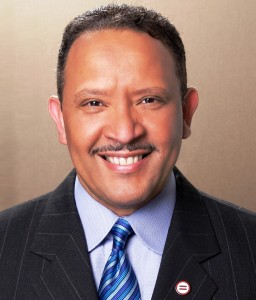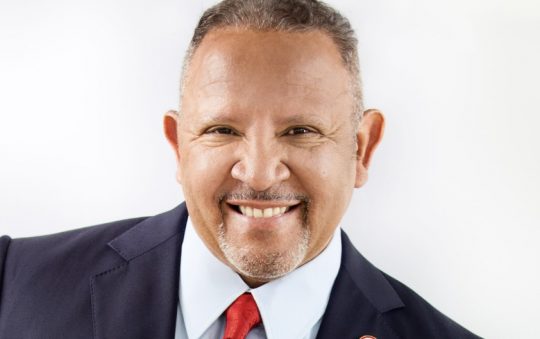
“Jails and prisons are the complement of schools; so many less as you have of the latter, so many more must you have of the former.” – Horace Mann, “Report of the Superintendent of Public Instruction of the Commonwealth of Pennsylvania,” 1881
Marc Morial – President & CEO, National Urban League
No nation holds as many people behind bars as the United States of America, and the numbers tell it all. The United States imprisons 716 people for every 100,000 residents. That is more than any other country on this planet. Our nation has the largest prison population in the world-both in terms of the actual number of inmates and as a percentage of the country’s population. While the United States has less than five percent of the world’s population, we lock up almost 25 percent of the world’s total prison population. Well-meaning people will differ on the question of whether or not America’s war on crime has truly benefitted the American taxpayer, but because numbers don’t lie, we cannot question the fact that our criminal justice obsession with retribution-versus rehabilitation-has profited private prison operators in our nation’s sprawling prison industrial complex to the tune of billions of dollars.
The country’s two largest private prison operators, Corrections Corporation of America and GEO Group, recently posted their earnings. Combined, the two for-profit prison companies collected $361 million in profits last year. According to In the Public Interest, a research and policy center, CCA made $3,356 in profit for every person they incarcerated and GEO Group made $2,135. Incarcerating Americans at the staggering rate of one in every 110 adults has become a profitable business that promotes the bottom lines of CEOs, but fails to promote effective public safety strategy. Research has shown that investing in social programs and education-resources that can help keep people out of jail in the first place-is far more effective at improving public safety than investing in incarceration. Policies that promote prison over education, incarceration over mental health services and jail over job services comes at the long-term cost of our collective well-being and safety.
Over the past four decades, state spending on corrections has outpaced funding for public education, with states spending three times as much on prisons than schools. Private prisons-which began cropping up as an alternative for cash-strapped states attempting to save money by outsourcing the building and running of prisons to private companies-are incentivized to keep cells full at the lowest possible cost, not to keep cells empty. When every occupied bed represents a broken family, communities torn apart, diminished future job prospects, a potential loss of voting rights and the increased risk of returning to crime, our nation’s over-reliance on jails to combat our entrenched social ills-and the taxpayer money that keeps the system thriving-should be re-routed into education and the social institutions that serve the public good and are aligned with public safety goals.
America’s incarceration addiction is devastating wide swaths of already socially and economically vulnerable communities. Statistically, African Americans are incarcerated at nearly six times the rate of whites. Combined, African Americans and Latinos represent well over 50 percent of our national prison population. Crime induced by a lack of opportunity cannot be solved by punishment. Our current sentencing policies and prisons have not proven themselves capable of fixing mental illness, drug addiction, homelessness or unemployment. They only hide these pressing social issues from view. We must decide, as a nation, if we are going to continue to turn to blind, mass incarceration as a solution for the problems in our society, or if we are going to invest in individuals, not incarceration, and make these private prisons obsolete.







